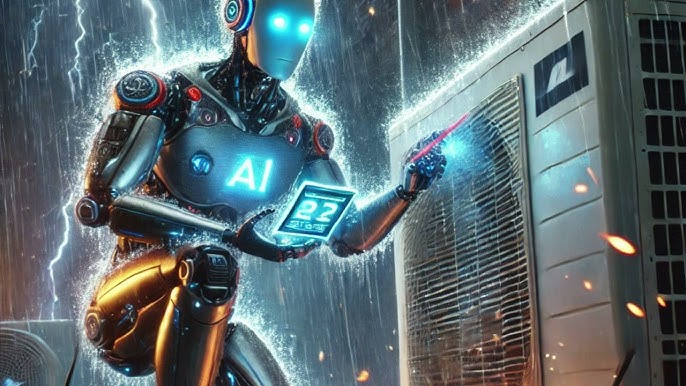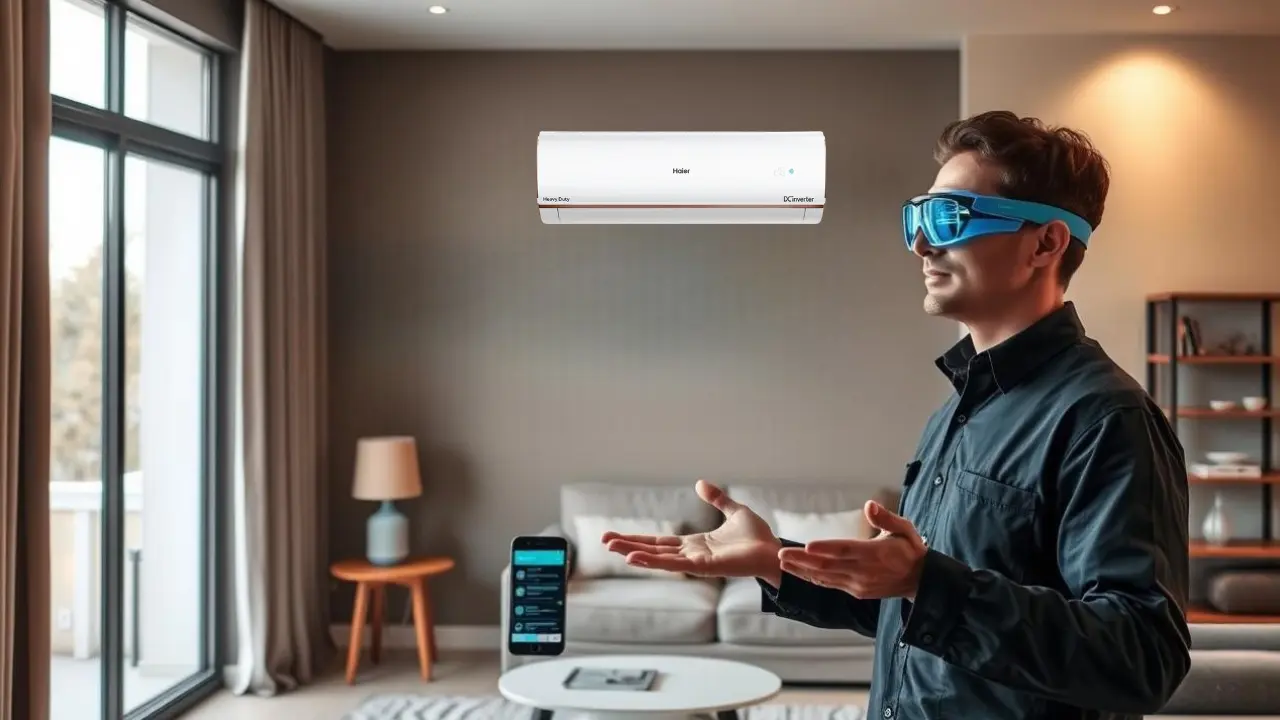In the ever-evolving world of technology, Artificial Intelligence (AI) has made significant strides in various sectors, and HVAC systems are no exception. Understanding how AI optimizes HVAC schedules is crucial for industry professionals and homeowners alike. AI offers new ways to increase efficiency, reduce costs, and improve comfort within our living and working spaces.

The Role of AI in HVAC Systems
AI plays a pivotal role in transforming traditional HVAC systems into smart, responsive, and efficient units. It helps in analyzing data, predicting patterns, and adjusting operations to meet specific needs without human intervention. This advancement is particularly beneficial in optimizing HVAC schedules, leading to more energy-efficient and cost-effective solutions.
Understanding HVAC Schedules
Before diving into how AI optimizes these schedules, its essential to understand what HVAC scheduling entails. HVAC schedules refer to the systematic timing and control of heating, ventilation, and air conditioning systems to ensure they operate efficiently and effectively. Proper scheduling can significantly reduce energy consumption and extend the lifespan of the equipment.
Traditional Scheduling Methods
Traditionally, HVAC schedules are manually set based on fixed parameters. These include time-based settings or predetermined temperature ranges. However, these methods often fail to account for real-time environmental changes or occupancy patterns, leading to inefficiencies.
Advantages of AI-Driven HVAC Scheduling
The introduction of AI into HVAC scheduling offers numerous advantages that traditional methods cannot match. Here are some key benefits:
Enhanced Energy Efficiency
AI systems can analyze vast amounts of data to optimize energy use. By learning from past patterns, AI can make precise adjustments that minimize energy waste and maximize efficiency.
Cost Reduction
With improved energy efficiency, the operational costs of HVAC systems are significantly reduced. AI-driven systems can also predict maintenance needs, preventing costly repairs and extending the equipment’s lifespan.
Improved Comfort
AI optimizes HVAC schedules by ensuring that the climate is adjusted according to the occupants’ preferences and real-time environmental conditions. This leads to a more comfortable and personalized living or working environment.
How AI Technology Works in HVAC Systems
AI technology in HVAC systems uses a combination of machine learning algorithms and data analytics to continuously monitor and adjust the system’s operations. Here’s a closer look at how it works:
Data Collection and Analysis
AI systems collect data from various sensors and sources, including temperature, humidity, occupancy levels, and weather forecasts. This data is then analyzed to understand patterns and predict future needs.
Automated Adjustments
Based on the data analysis, AI systems automatically adjust HVAC operations to optimize performance. This includes modifying heating or cooling schedules, adjusting fan speeds, or changing temperature settings.
Predictive Maintenance
AI technology can predict when maintenance is needed, reducing the risk of system failures and unexpected downtime. This proactive approach helps in maintaining optimal system performance and extending its lifespan.
Implementing AI in Existing HVAC Systems
For those with existing HVAC systems, implementing AI can seem daunting. However, it’s a worthwhile investment. Here are some steps to consider:
Assessing Current Systems
Begin by evaluating your current HVAC system to determine its compatibility with AI technology. Older systems may require upgrades or replacements to support AI integration.
Choosing the Right AI Solution
Select an AI solution that meets your specific needs and budget. Consider factors like the size of your building, the complexity of your HVAC system, and your energy efficiency goals.
Professional Installation
It’s advisable to seek professional assistance for installing AI technology in your HVAC system. Experts can ensure proper integration and configuration for optimal performance.
Case Studies: AI in Action
Several organizations have successfully implemented AI in their HVAC systems, realizing significant benefits. For instance, a recent study showed that integrating AI into commercial HVAC systems led to a 30% reduction in energy consumption.
Future of AI in HVAC
The future of AI in HVAC systems looks promising. As technology advances, AI will continue to evolve, offering even more sophisticated solutions for optimizing HVAC schedules. This will be instrumental in achieving sustainability goals and reducing environmental impact.
Conclusion
In conclusion, understanding how AI optimizes HVAC schedules is crucial for those looking to enhance efficiency, reduce costs, and improve comfort within their spaces. While the initial investment may be significant, the long-term benefits of AI-driven HVAC systems are undeniable.

FAQs
Q1: How does AI improve HVAC efficiency?
A1: AI improves HVAC efficiency by analyzing data, predicting patterns, and making real-time adjustments to optimize energy use and system performance.
Q2: Can AI be integrated into existing HVAC systems?
A2: Yes, AI can be integrated into existing HVAC systems, though some may require upgrades to support the technology.
Q3: What are the cost benefits of AI in HVAC?
A3: By enhancing energy efficiency and predicting maintenance needs, AI can significantly reduce operational costs and extend the lifespan of HVAC equipment.
For more information on AI in HVAC systems, visit this article.
Check out how Automated Refrigerant levels can be detected using AI and how HVAC Technician Tools are evolving with AI advancements. Learn more about AI-Powered Reports for HVAC inspections and the impact of Automated Decision Making in HVAC repairs.
This article contains affiliate links. We may earn a commission at no extra cost to you.
